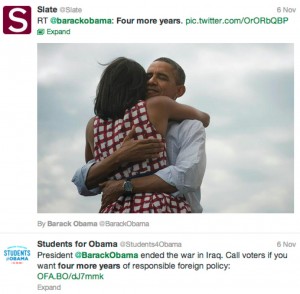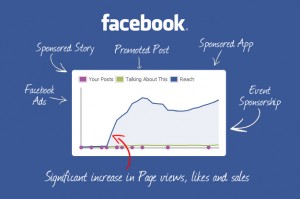Twitter is getting better! Just recently the company has just launched its new innovative function where you can indexed all public tweet and will be giving twitter-user the power to search Twitter’s full body of roughly million and million of posts/tweets.

Before, the search engine in twitter hasn’t reach to perfection yet mainly because that their hardworking engineers have been focusing more on shifting through real-time output. Its real-time search engine, an inverted index of about a week’s worth of tweets, has been increased since 2012 with about 2 billion “TOP tweets” and in the year of 2013 that link was created to be more powerful.
Usually Twitter just allows user to search for old tweets back for about a week. You can’t even look for something older than a week ago, which is very unfortunate, if you want to refer new tweets to some of your creative old tweets. Good thing that it’s changing now and people have the access to seek old tweets. This will provide more engagement towards its users since it is very significant that Twitter is doing more to ensure that people have the capabilities to search some of their past important tweets right on Twitter itself. For example the most popular retweeted tweet ever, “Four more years” from Barack Obama.




